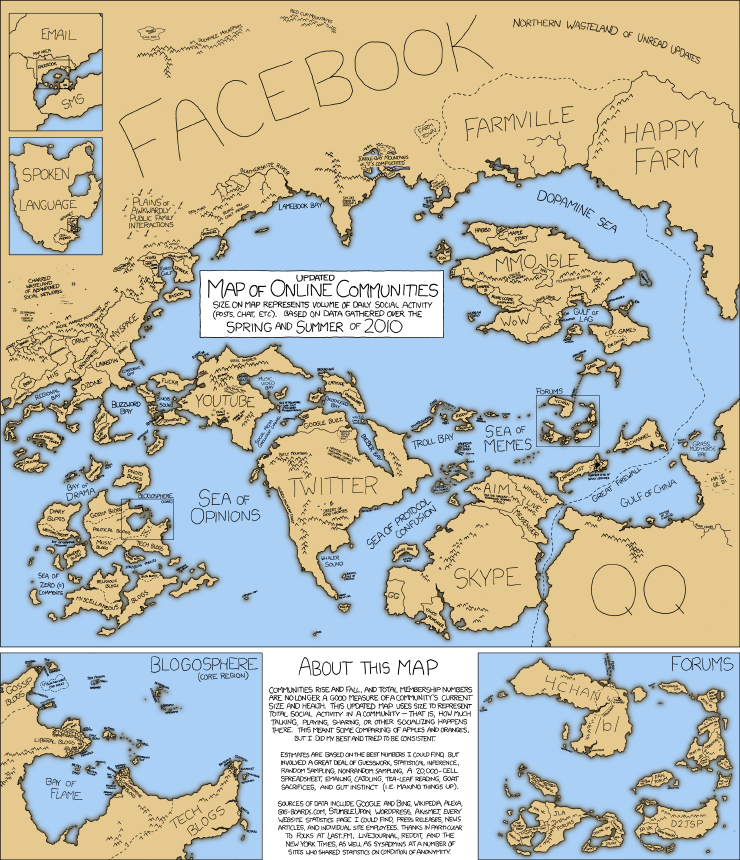I've been lost in this thing for almost two days.
I knew I wanted one, that it would be VAST improvement over my old phone, and that I would be very happy to have it.
However, thought I, surely I will endure some disenchantment. It can't be as wonderful as it seems from a distance.
But then I bought one and found out. The iPhone is made of magic.
OK, let me try to stop wasting your time. Here are some things that took me...too many hours to figure out. If you have an iPhone now, or are planning to get one soon, this might help you out.
- Task Manager - The best app I've found so far (by far) is Wunderlist. It's beautiful. And it's free, with no ads.
- Email syncing - If, like me, you're still a Googlite, and you can't live without Gmail, and have no desire to mess around a whole lot with Mac's version of Mail, then go here. I still find myself preferring the mobile version of Gmail on my phone's browser, but that tutorial is the easiest and best way I've found to get my phone synced with my Google mail and calendar accounts (it works for contacts, too.)
- Here is a list of apps I'll have to have forever. I list these in particular because this is a blog about being a film student, and I think all students of film would be benefitted by them. (I'll link to them or their non-mobile counterparts)
- (as already mentioned) Wunderlist
- Vimeo
- Netflix
- Kindle
- TED Mobile
- Goodreads
That's not a lot of stuff. Probably most of them aren't surprising. I'm new, as it turns out, to this whole app thing. What am I missing? Have you found apps that are particularly helpful to you in filmmaking or film studenting? (Feel free to discuss either iPhone OR Android apps.) How do you feel about smart phones in general? Are they necessary? To everyone? Anyone? Share your thoughts in the comments below!
***
If you haven't yet, I'd sure appreciate it if you'd do me a solid and click on "Like" over there on the Facebook page... (there I go begging again)












